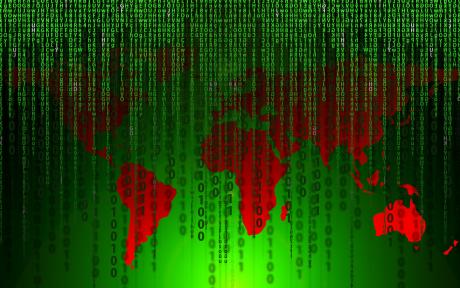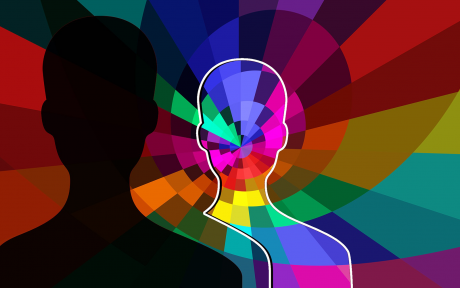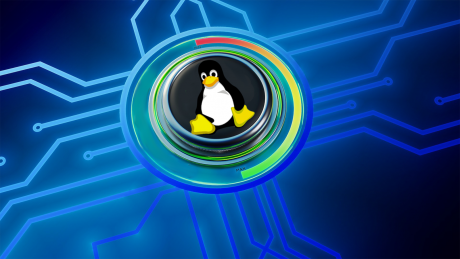This year, Wikipedia celebrates its 20th anniversary, having been launched on January 15, 2001. The free online encyclopedia, which is completely written, edited, and verified by volunteers, is the sixth-most visited website in the world, according to an interview with Wikipedia founder Jimmy Wales in the New Statesman. “The English-language edition is the most comprehensive, with around 6.2 million articles, making it around 90 times longer than the Encyclopaedia Britannica,” the article states.
Like all published references, Wikipedia is also subject to bias and even vandalism. As DW notes, “Many of the entries are well-documented, checked for quality and—as opposed to reference books—often completely up-to-date, but, 20 years after its creation, the online encyclopedia is not 100% reliable, because information can be manipulated, and sometimes almost undetectably.”
Article Protections
Although Wikipedia is openly editable, however, it is not a free-for-all, write Stephen Harrison and Omer Benjakob in the Columbia Journalism Review. “Over the years, the Wikipedia community has created a large number of mechanisms that regulate its market of ideas. Perhaps the most important one is the ability to lock articles for public editing. Anyone can edit Wikipedia, but temporarily disabling people from editing it anonymously can go an extremely long way in preventing disinformation. Articles such as the “COVID-19 pandemic” are subject to semi-protection, meaning that anonymous IP editing is not allowed and that any contributors must register an account.”
Other articles have more extensive protections, so that edits can be made only by “Wikipedia editors who have been active for 30 days and who have performed at least 500 edits,” the article states.
Wikipedia and other free knowledge projects rely on volunteers—people like you—to maintain integrity and reliability. As Wikimedia says, “you can help improve Wikipedia articles, join local or virtual events, write code, and so much more. … We welcome anyone who shares our vision to join us in collecting and sharing knowledge that fully represents human diversity.”







Comments